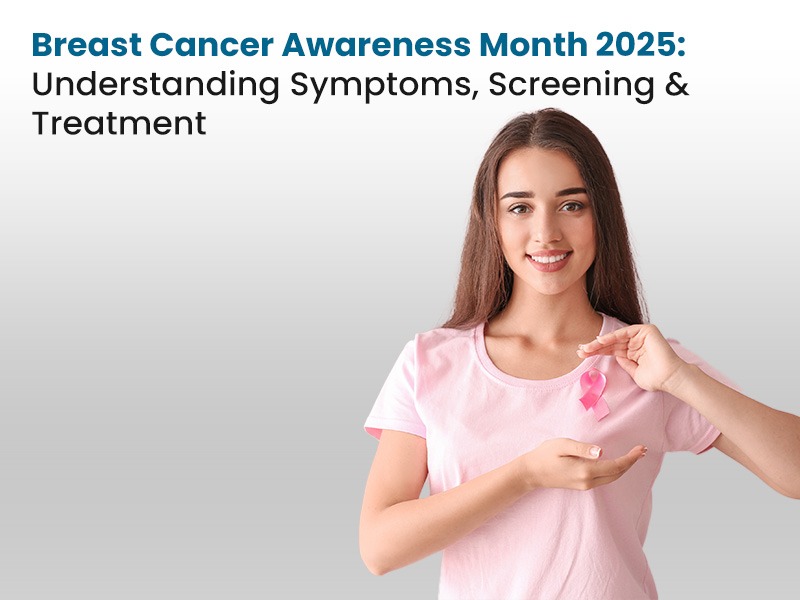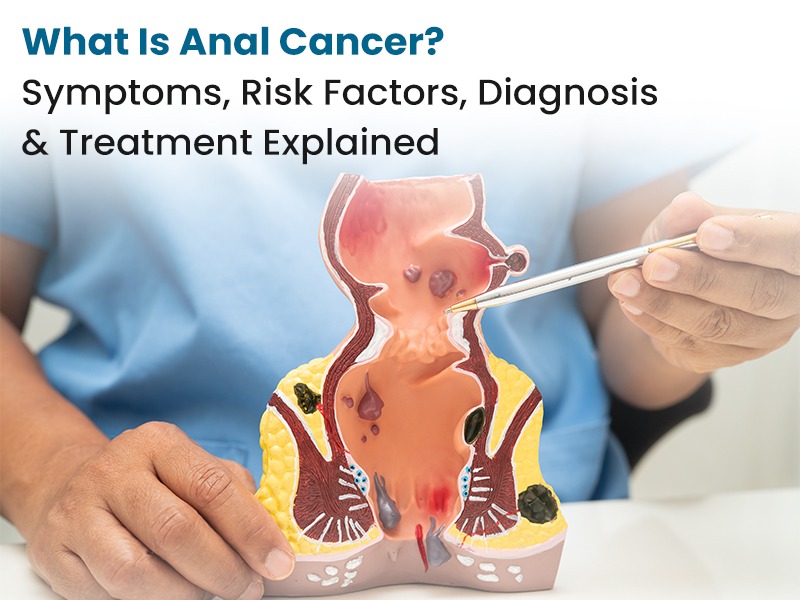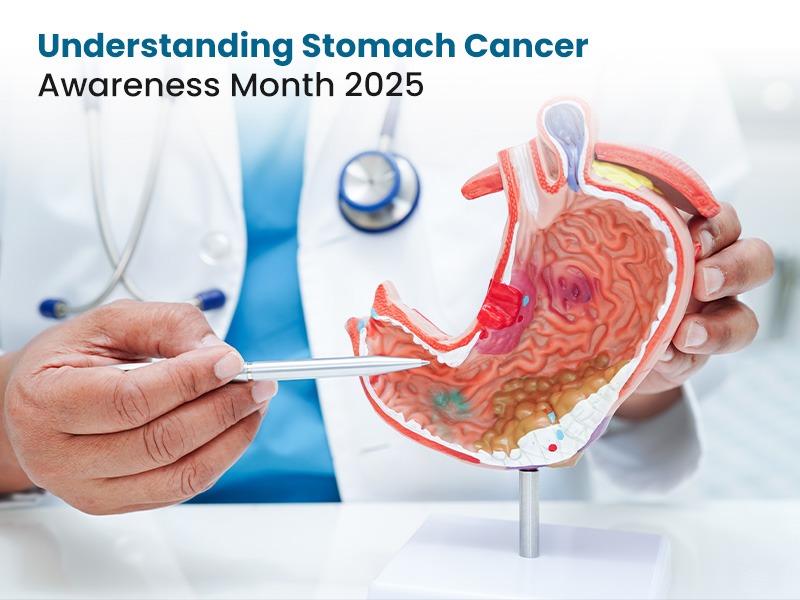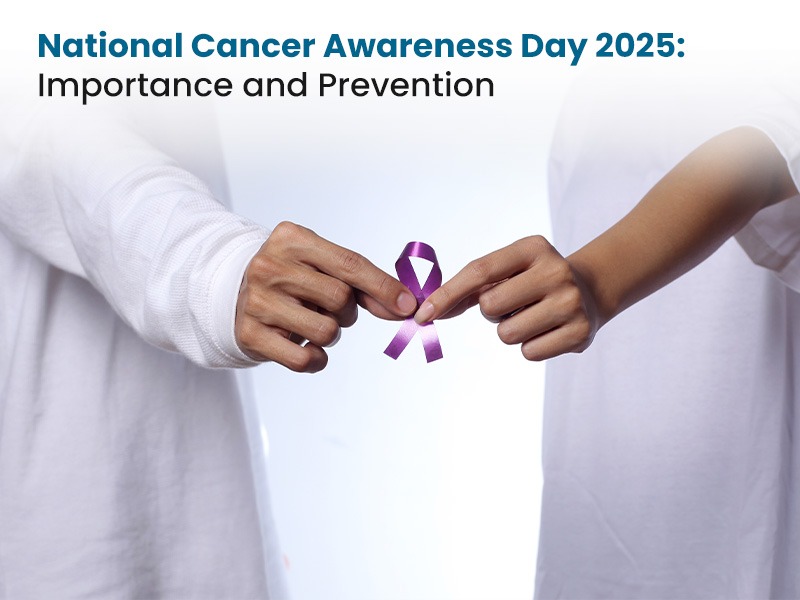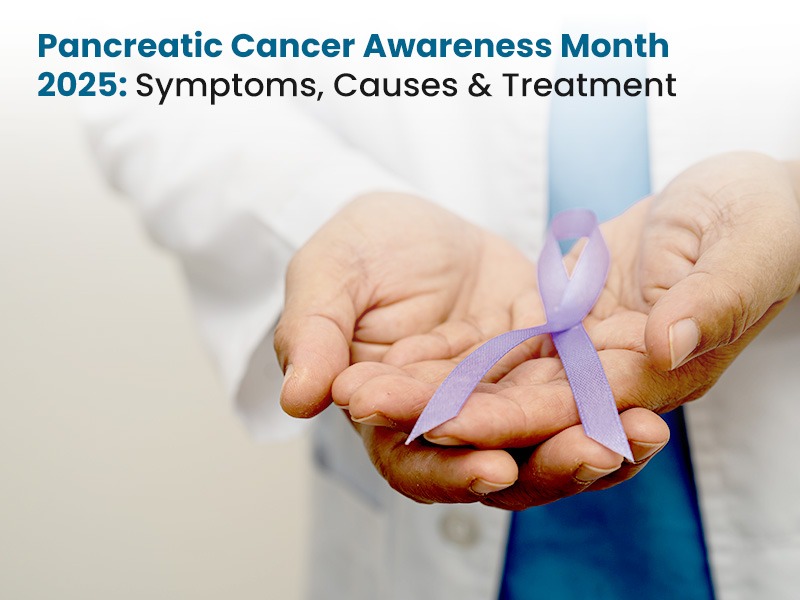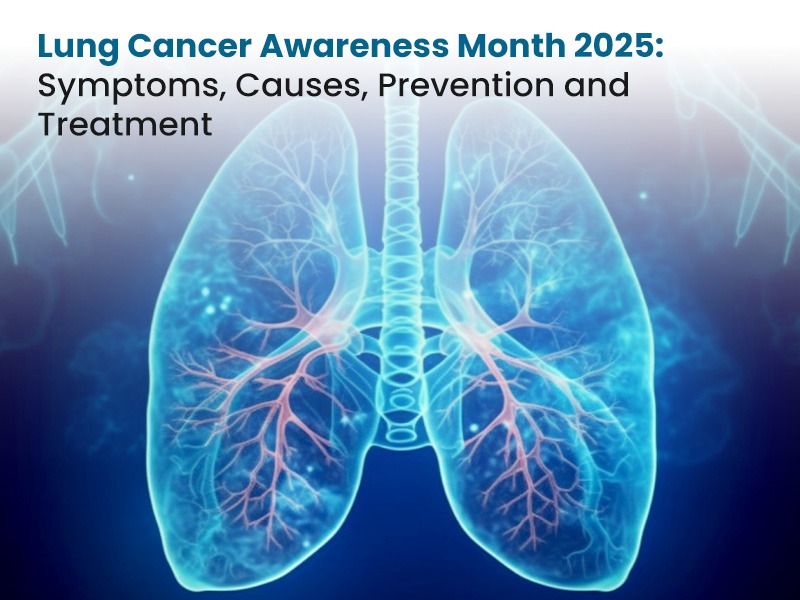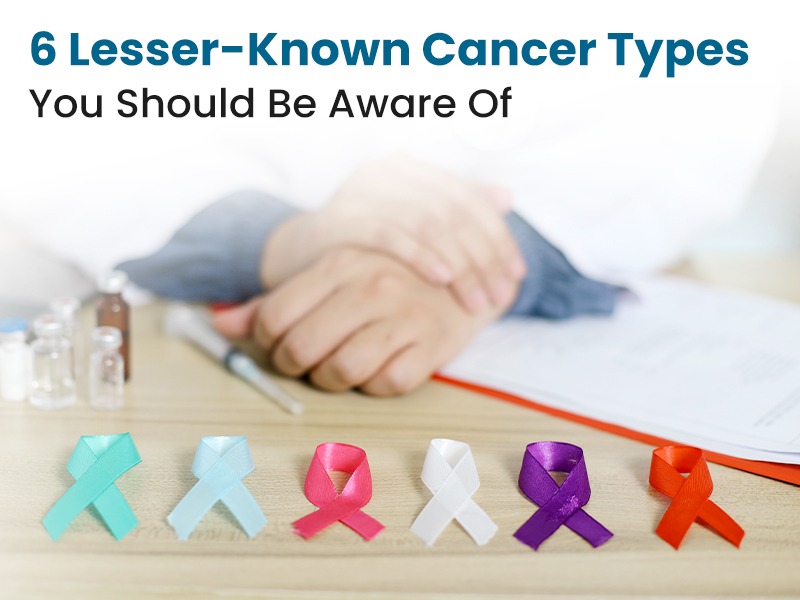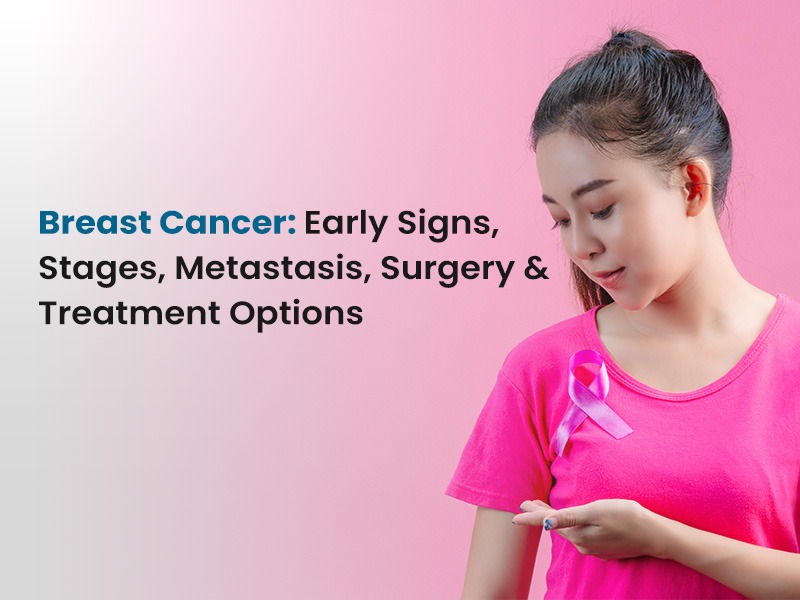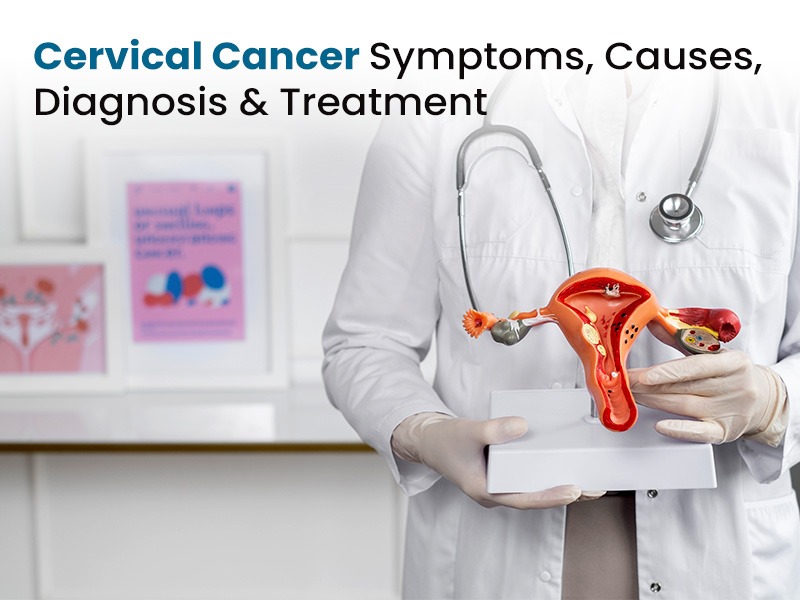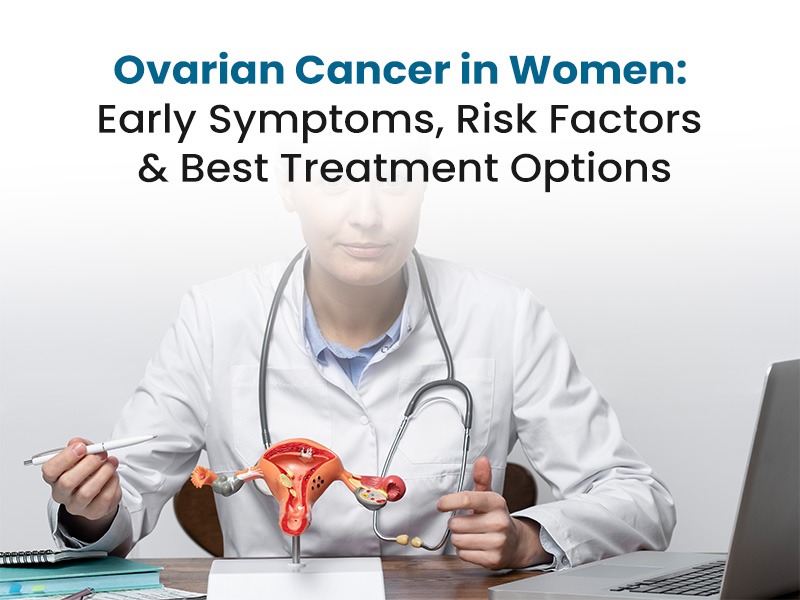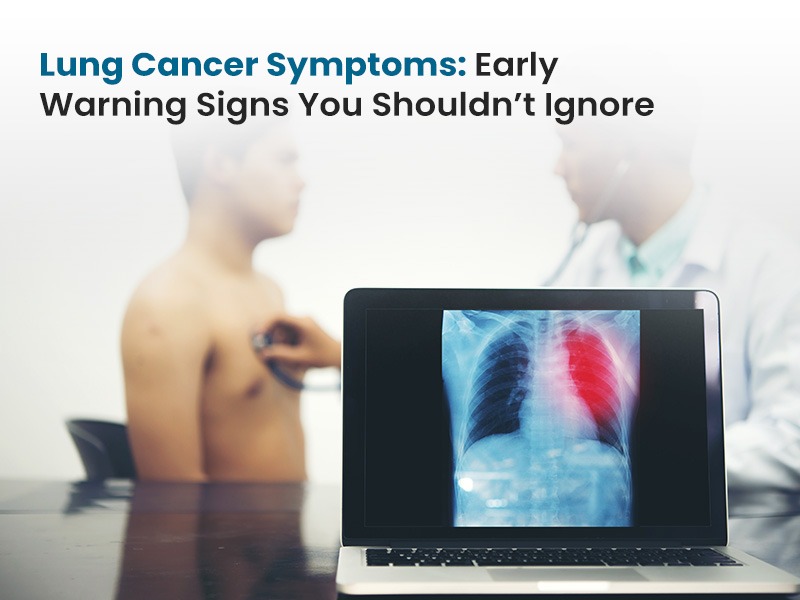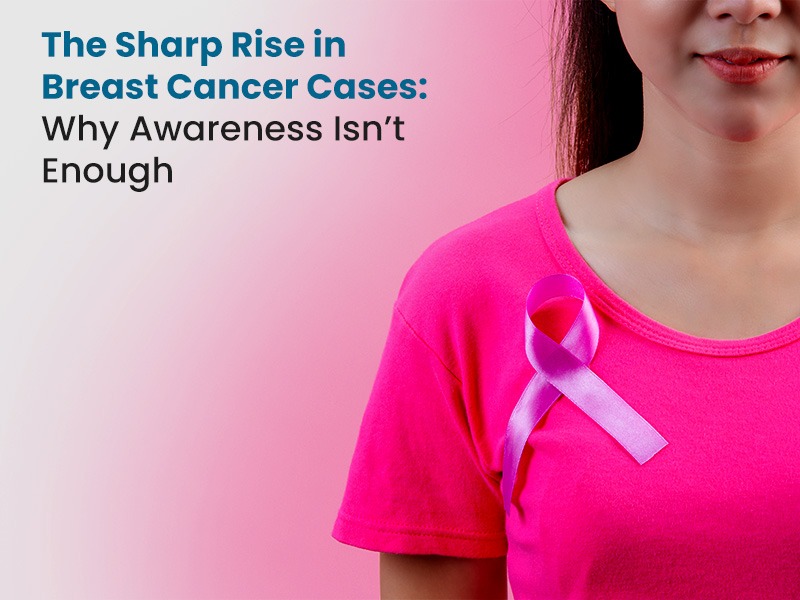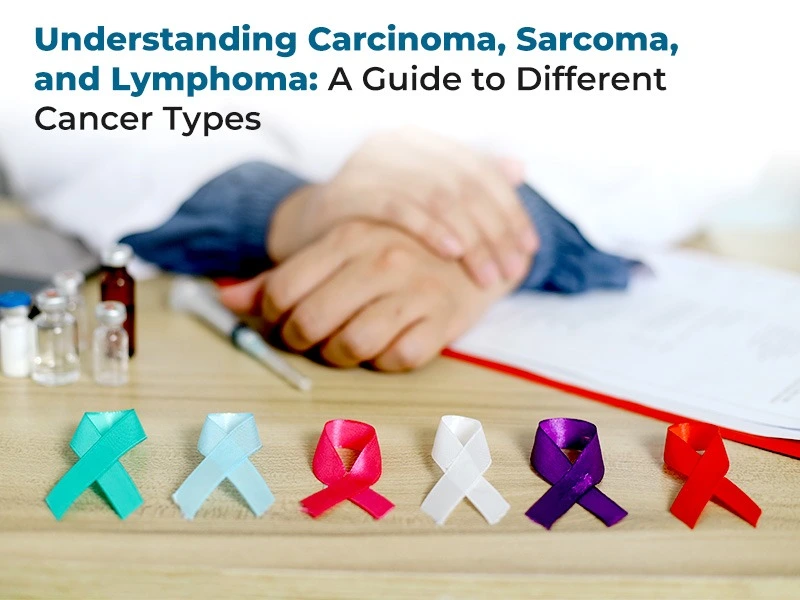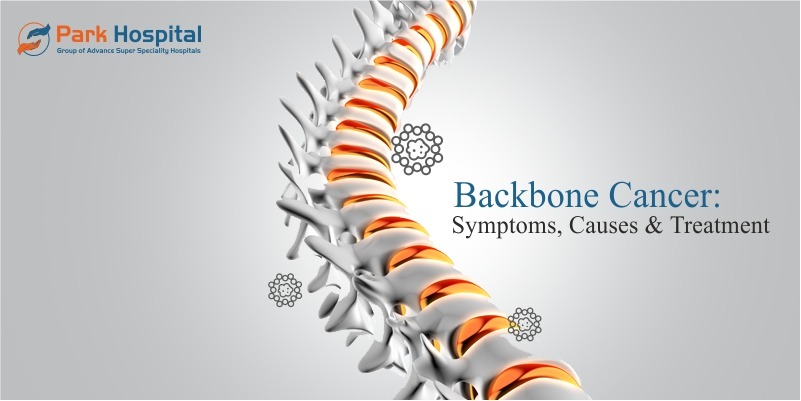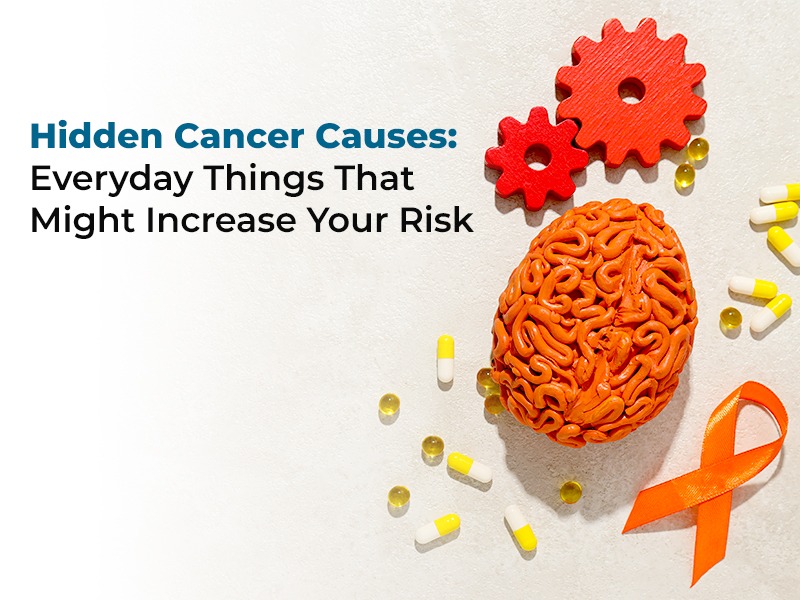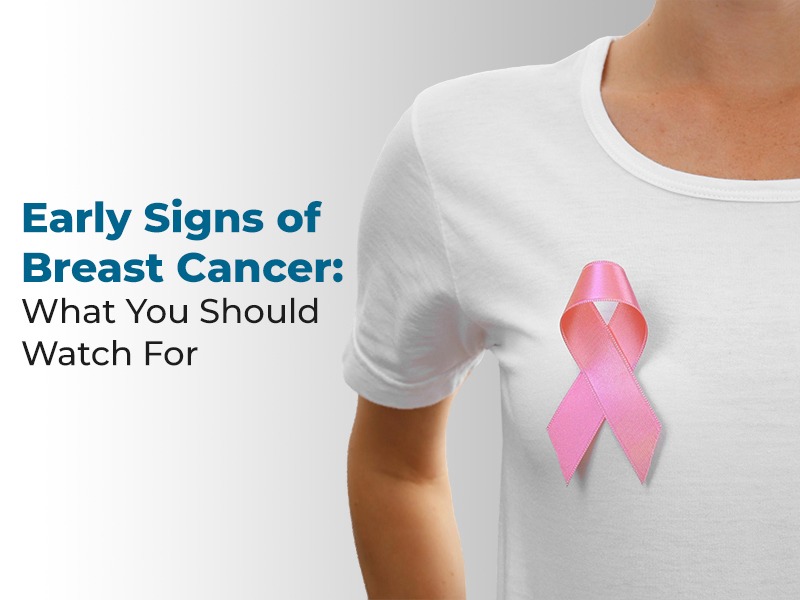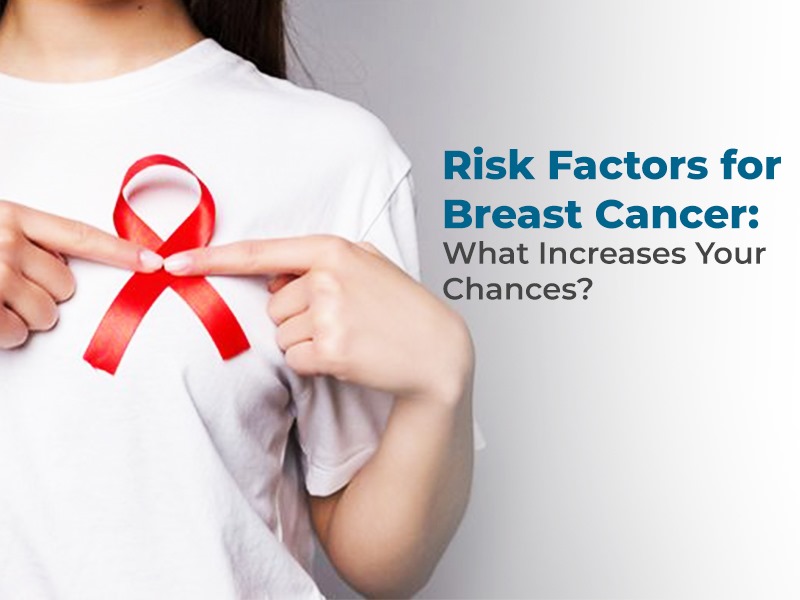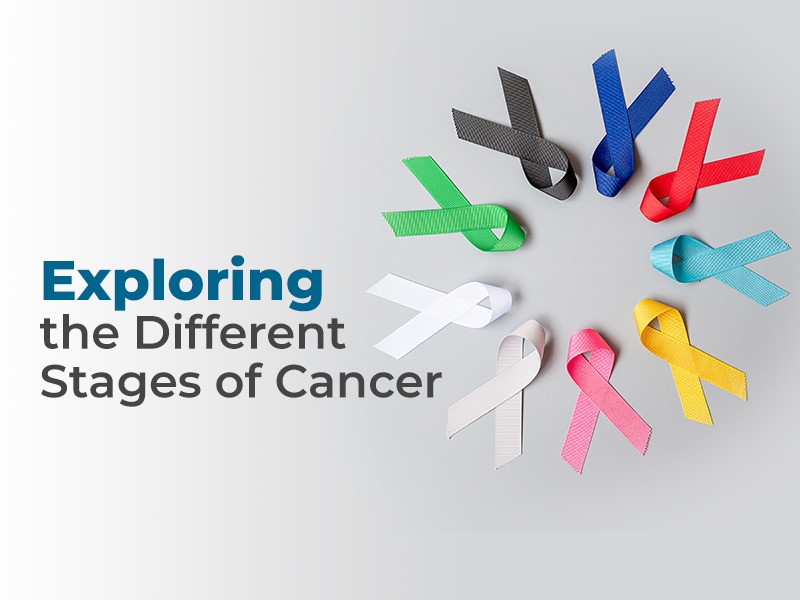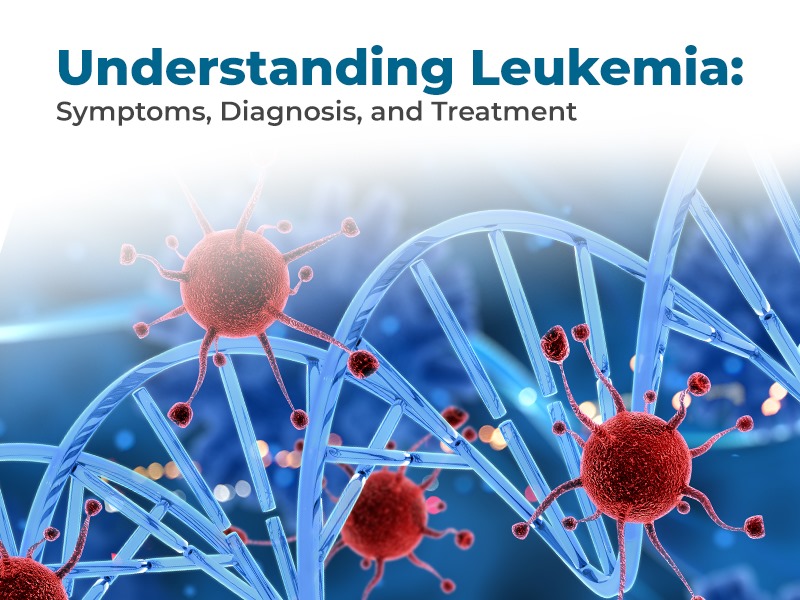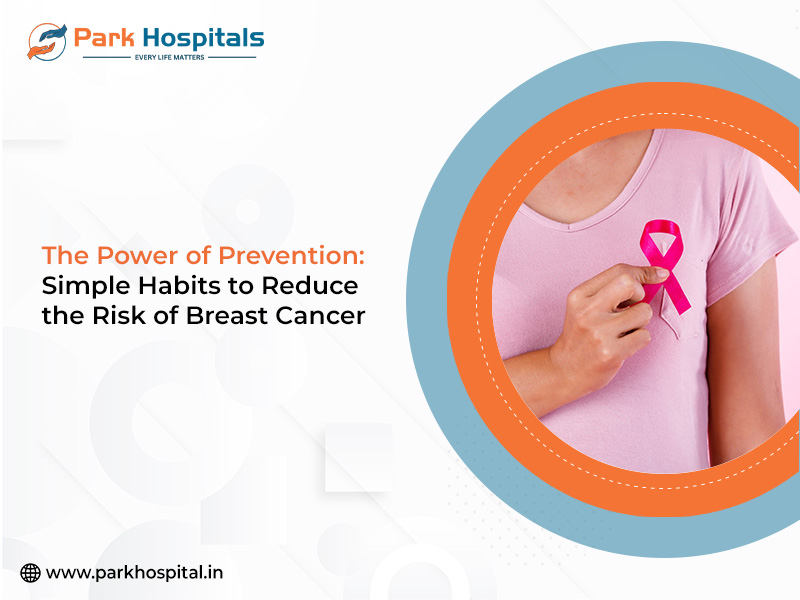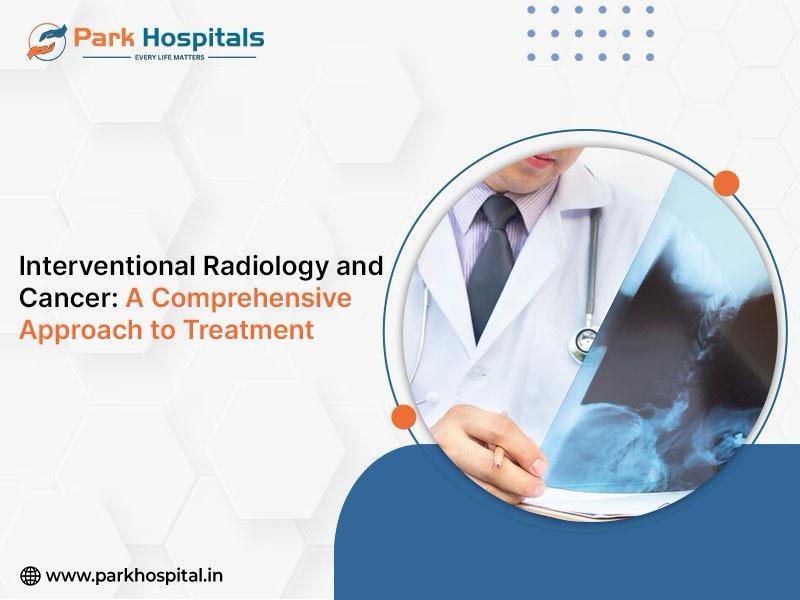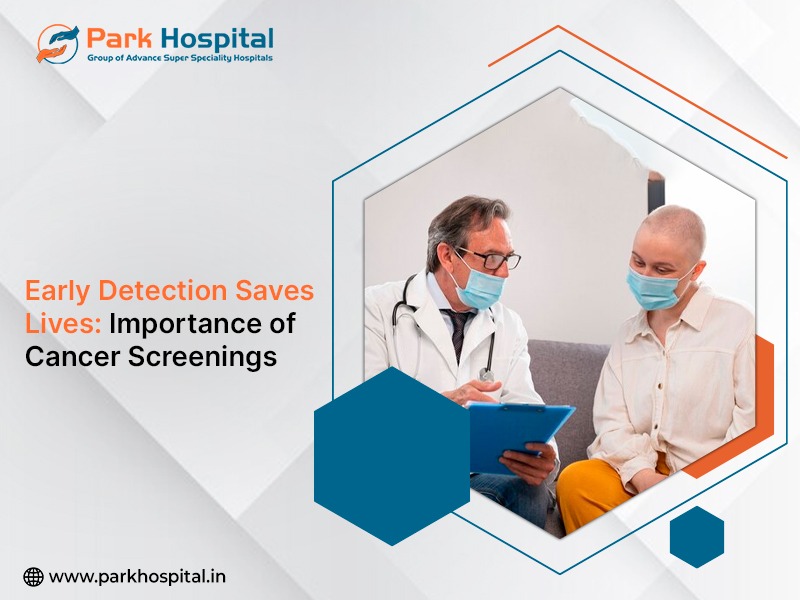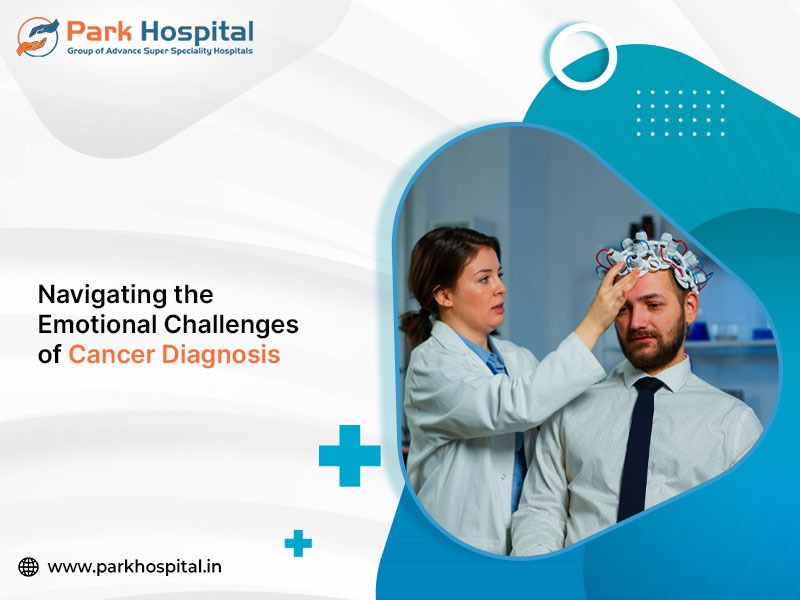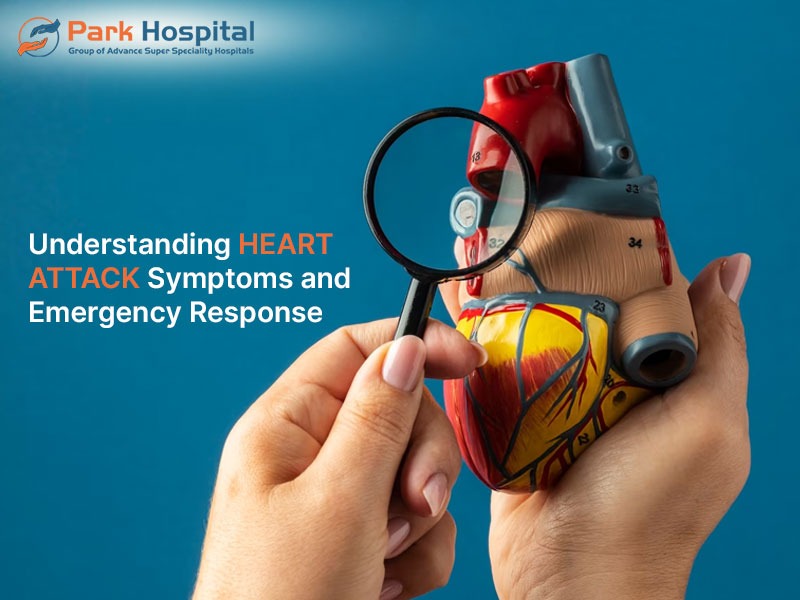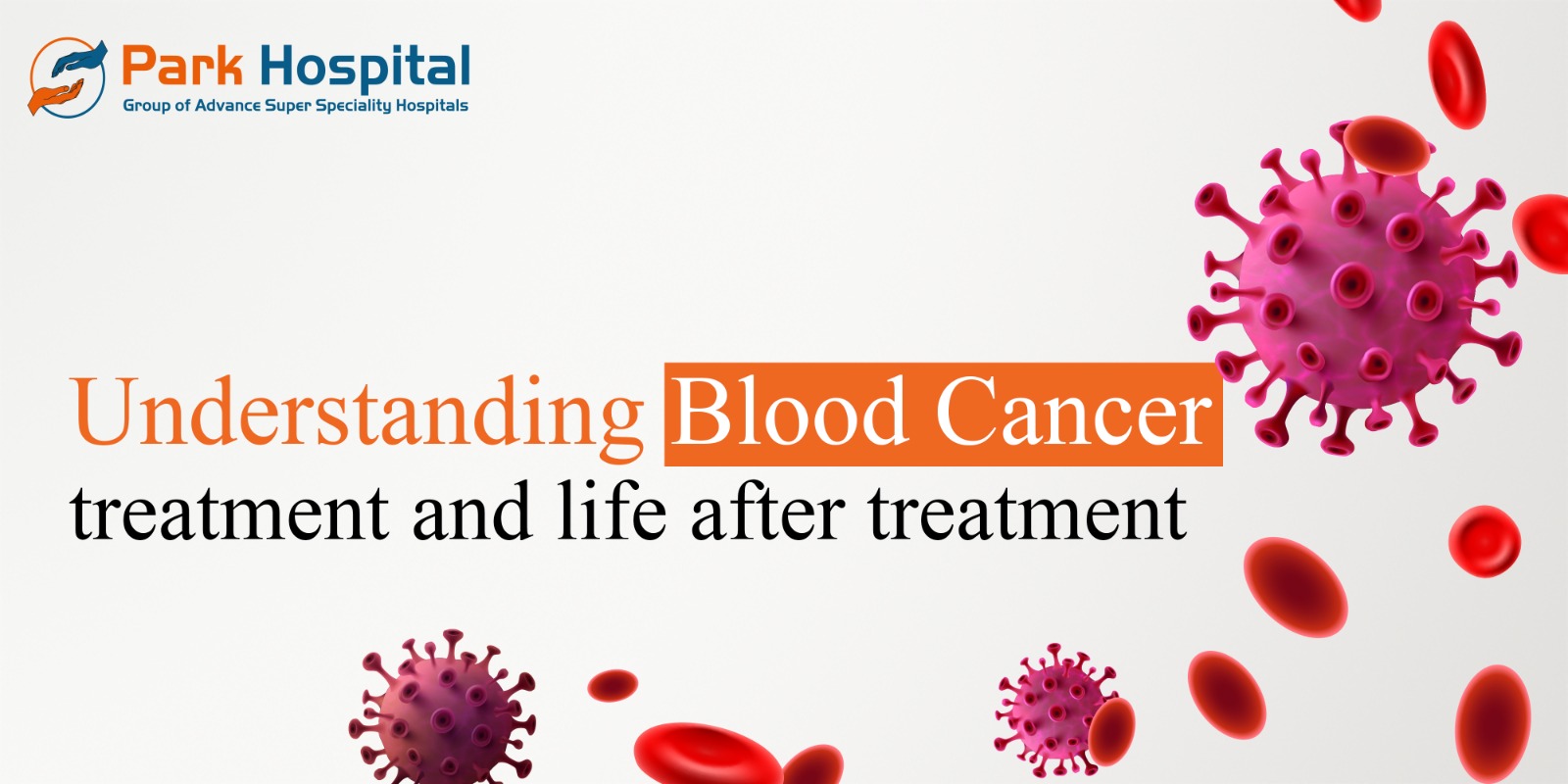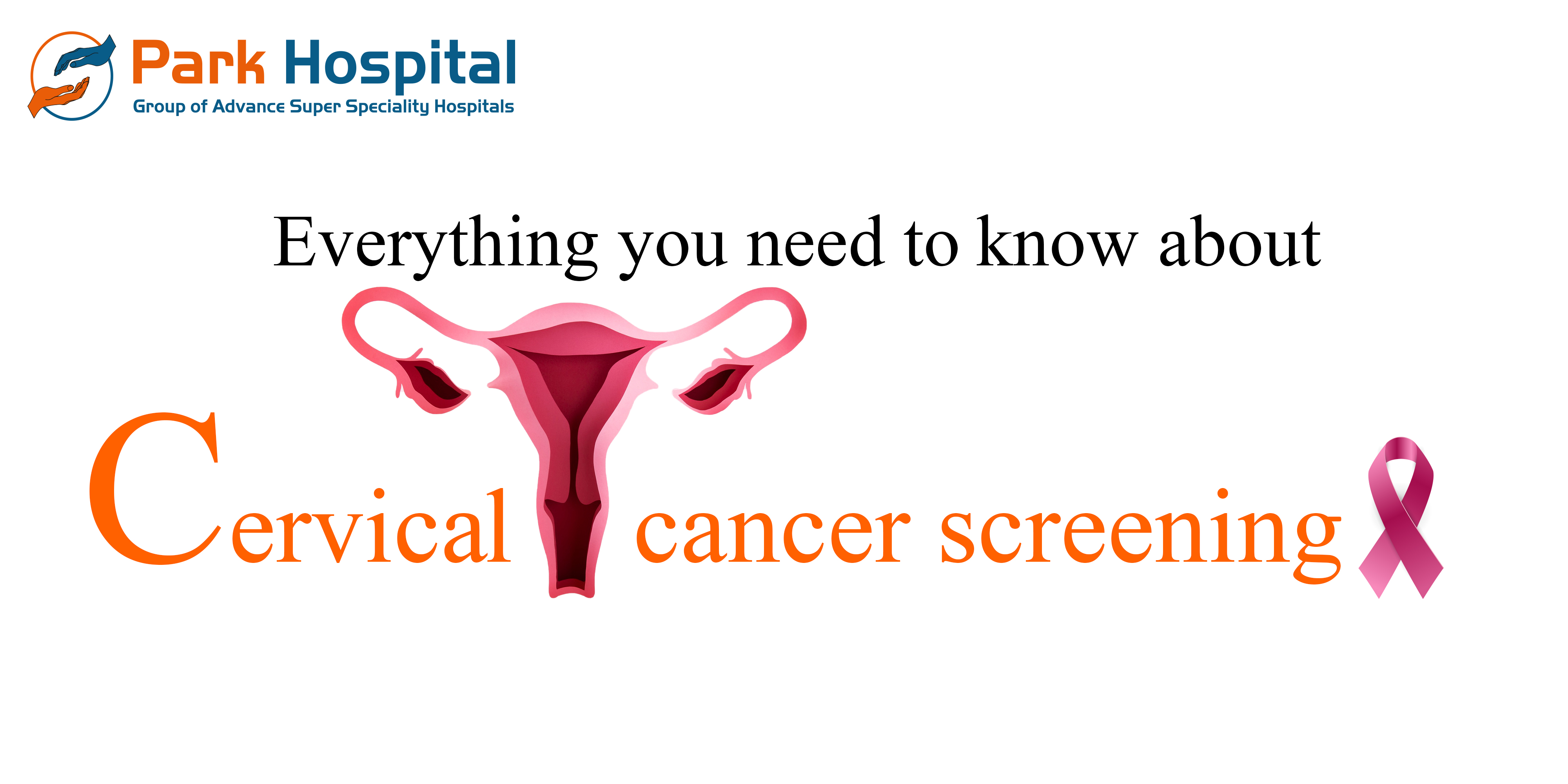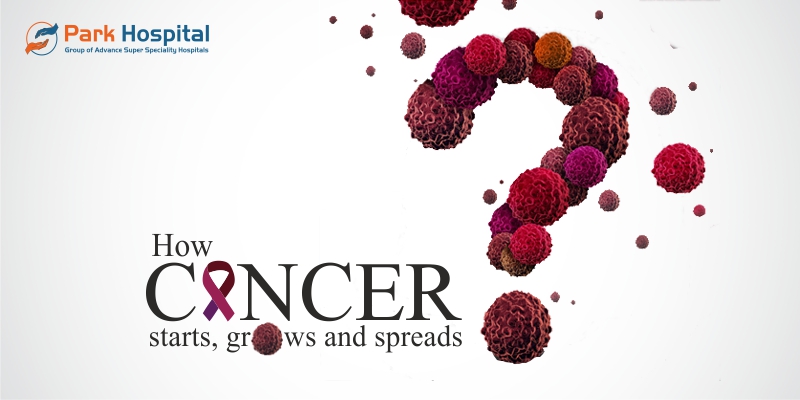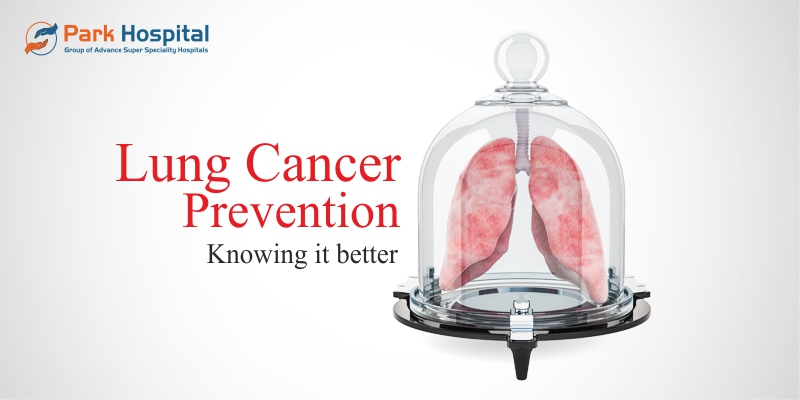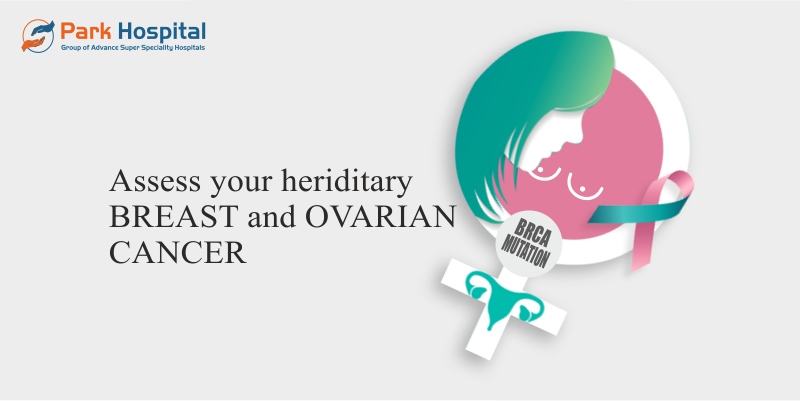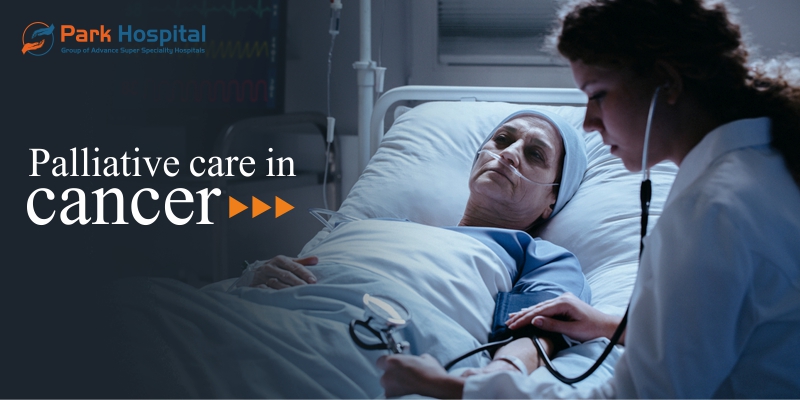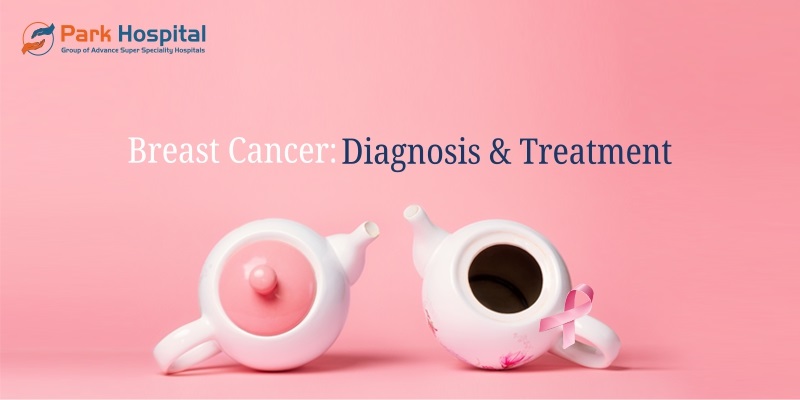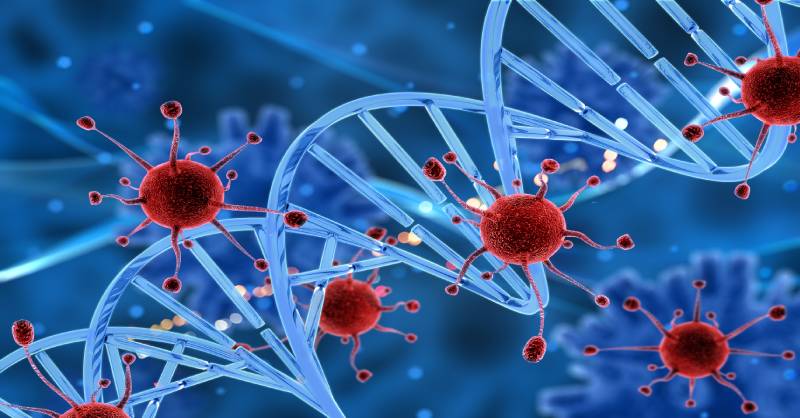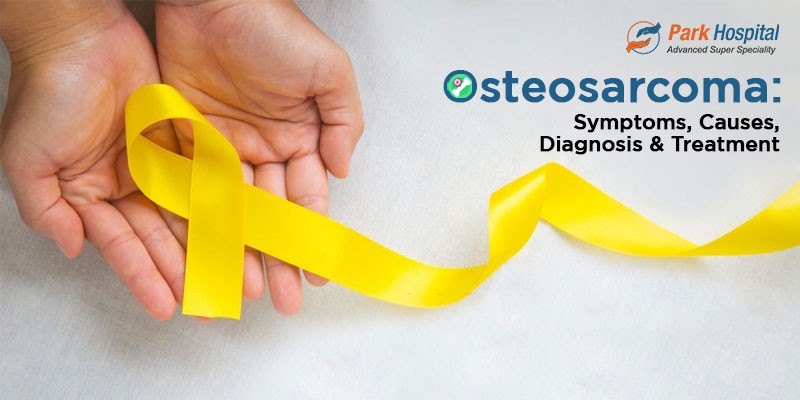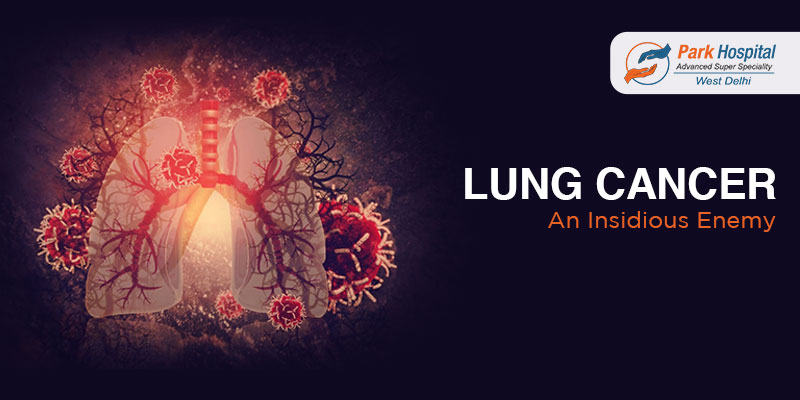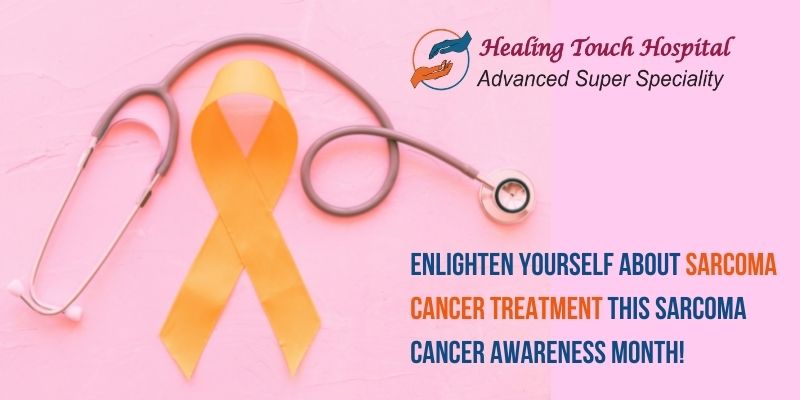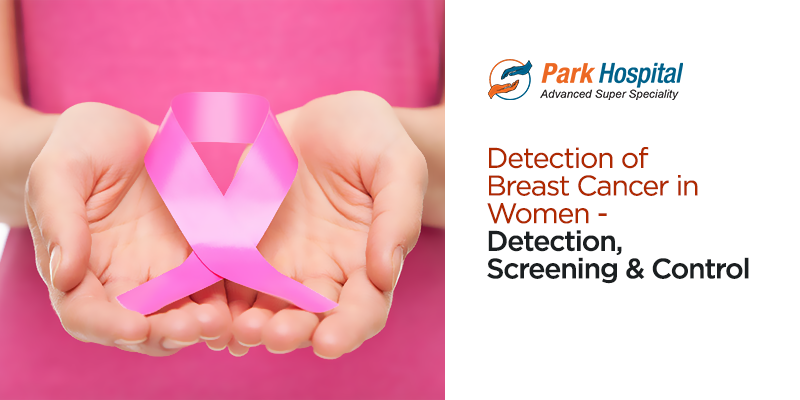October marks Breast Cancer Awareness Month 2025, a global initiative focused on spreading awareness about breast cancer symptoms, screening, and early detection. The campaign empowers women to understand their breast health and take timely action. Since breast cancer is one of the most common cancers affecting women in India, awareness and early diagnosis are the most effective tools to improve recovery and survival.
At Park Group of Hospitals, we remain committed to promoting breast health and preventive care across all our centers in Delhi, Gurugram (Sector 47, Palam Vihar, Sector 37 D), Faridabad, Sonipat, Panipat, Karnal, Ambala, Patiala, Mohali, Bathinda, Behror, and Jaipur.
Our specialists conduct regular breast cancer screening programs, educational sessions, and community awareness drives to ensure early detection and timely treatment for women of all age groups.
For any medical queries related to Breast Cancer Awareness or booking a consultation, you can reach our 24x7 service helpline at +91 99166 99166.
According to data from the Indian Council of Medical Research (ICMR), the incidence of breast cancer is steadily increasing in India, especially in urban areas.
You can learn more about the incidence of Breast cancer in India here.
What is Breast Cancer?
Breast cancer develops when cells in the breast grow uncontrollably, forming a lump or mass that can invade surrounding tissues or spread to other parts of the body. Most breast cancers start in the ducts that carry milk to the nipple or in the lobules that produce milk.
These abnormal cells may form a tumor that is sometimes felt as a lump in the breast or underarm area, though not all lumps are cancerous. This is why regular medical checkups and screenings are essential for early detection.
Breast cancer is not a single disease, but a group of related conditions that differ in severity, growth patterns, and treatment response. Understanding the nature of breast cancer helps individuals recognize potential warning signs early and seek timely care.
Awareness about its development, progression, and detection methods plays a key role in improving outcomes and survival rates.
Types of Breast Cancer
Breast cancer is not a single disease and can occur in different forms depending on where it starts and the characteristics of the cancer cells. The main types include:
Ductal Carcinoma
This is the most common type of breast cancer. It starts in the milk ducts that carry milk from the lobules to the nipple. Ductal carcinoma can be non-invasive, known as ductal carcinoma in situ, or invasive, spreading into the surrounding breast tissue.
Lobular Carcinoma
Lobular carcinoma begins in the lobules, the glands responsible for producing milk. It is sometimes more difficult to detect through physical examination or imaging compared to ductal carcinoma.
Triple Negative Breast Cancer
This type is defined by the absence of three common receptors: estrogen, progesterone, and HER2. It tends to be more aggressive and requires specialized treatment approaches. It is more common in younger women.
Other forms of breast cancer include inflammatory breast cancer, which causes redness and swelling, and HER2 positive breast cancer, which involves higher levels of the HER2 protein and may respond to targeted therapies. Identifying the type of breast cancer is important as it guides treatment and helps predict outcomes.
Common Breast Cancer Symptoms and Signs
Early detection is key to effective treatment, and recognizing the common signs and symptoms of breast cancer can save lives. While some changes may be subtle, others are noticeable. It is important to pay attention to your body and consult a doctor if you notice anything unusual.
Key Symptoms to Watch For
Breast lumps: any new lump in the breast or underarm that feels different from surrounding tissue
Changes in breast size or shape: one breast may look larger, smaller, or unusually shaped
Nipple discharge: any fluid that is unusual, especially if bloody or spontaneous
Breast redness or irritation: persistent redness, swelling, or warmth
Skin changes: dimpling, puckering, or thickening of breast skin
Pain or tenderness: persistent discomfort in the breast or nipple area
Tips for Early Detection
Perform a monthly self-examination to become familiar with the normal look and feel of your breasts
Attend clinical breast exams regularly as recommended by your doctor
Schedule mammograms if you are over forty or have other risk factors
Report any unusual changes immediately to a healthcare professional
Not all lumps or changes indicate cancer, but early consultation can make a significant difference in outcomes. Awareness of breast cancer signs is the first step toward prevention and early treatment.
Importance of Breast Cancer Screening
Regular breast cancer screening is one of the most effective ways to detect cancer at an early stage, often before symptoms appear. Early detection allows for timely intervention and improves the chances of successful treatment and recovery.
Common screening methods include:
Breast self-examination
Clinical breast exams by a healthcare professional
Mammography
Education about breast health is equally important. Breast health education empowers women to understand normal breast changes, recognize warning signs, and seek medical advice promptly. Prioritizing regular screening and staying informed can help reduce the risk of advanced breast cancer and improve outcomes.
When Should You Go for Screening?
The timing and frequency of screening depend on age, family history, and personal risk factors:
Women over forty should have a mammogram every one to two years
Women in their twenties and thirties should perform monthly self-examinations and attend periodic clinical breast exams
Those with a family history or genetic risk may need earlier and more frequent screenings
Consulting a healthcare professional can help determine the most appropriate screening schedule.
Breast Cancer Treatment
At Park Group of Hospitals, we provide comprehensive care for all types of breast cancer with personalized treatment plans. Effective breast cancer treatment depends on the type, stage, and location of the cancer, as well as the patient’s overall health.
Treatment options include:
Surgery, which may involve removing the tumor or the entire breast
Chemotherapy to target cancer cells
Radiation therapy to destroy remaining cancerous tissue
Targeted or hormonal therapies focused on specific cancer cell markers
Our multidisciplinary teams combine these approaches to offer the most effective and least invasive treatment. Supportive care, including counseling, nutrition, and rehabilitation, helps patients manage side effects and maintain quality of life.
Role of Breast Cancer Surgery
Surgery is often central to breast cancer treatment. Common options include:
Lumpectomy, removing only the tumor and a small margin of surrounding tissue
Mastectomy, removing the entire breast
Surgery may be combined with chemotherapy, radiation, or targeted therapy for best outcomes. At Park Group of Hospitals, surgical teams use advanced techniques to remove cancer precisely while preserving healthy tissue when possible. Pre-surgical counseling and post-surgical support help patients recover and improve long-term results.
Promoting Breast Health Education & Awareness
Breast Cancer Awareness Month 2025 emphasizes education and early detection. The theme, "Every Story is Unique, Every Journey Matters," reminds us that each person’s experience with breast cancer is different and deserves personalized care.
Education empowers women to recognize breast cancer symptoms, perform self-examinations, and attend regular screenings. Community programs, workshops, and campaigns spread knowledge about risk factors, prevention, and treatment.
How to Support Breast Cancer Awareness Month 2025
You can support the campaign by:
Sharing educational resources
Participating in community programs and awareness drives
Encouraging regular screenings
Promoting breast health education among friends and family
Conclusion
Breast Cancer Awareness Month 2025 is a reminder of the importance of early detection, regular screenings, and awareness of breast cancer symptoms. Recognizing warning signs and seeking timely medical care can significantly improve outcomes.
Every individual’s journey is unique, and support, education, and proactive health measures are vital. By staying informed, performing self-examinations, and participating in awareness initiatives, you can help reduce the impact of breast cancer in your community.
For guidance or consultation, reach Park Group of Hospitals 24x7 helpline at +91 99166 99166. Early action saves lives.
Frequently Asked Questions
What is the purpose of Breast Cancer Awareness Month 2025?
Breast Cancer Awareness Month 2025 aims to educate people about early detection, breast cancer symptoms, and the importance of regular breast cancer screening. Women are encouraged to monitor changes in their breasts and seek medical attention promptly.
2. What are the common signs and symptoms of breast cancer?
Common signs include breast lumps, changes in breast size or shape, breast redness, nipple discharge, skin dimpling, and persistent pain or tenderness.
3. How often should women go for breast cancer screening?
Women over forty should have a mammogram every one to two years, while younger women should perform monthly self-examinations and attend clinical exams as advised by their doctor.
4. How can I support Breast Cancer Awareness Month 2025?
You can support the campaign by sharing educational resources, participating in community awareness programs, encouraging screenings, and spreading breast health education.

